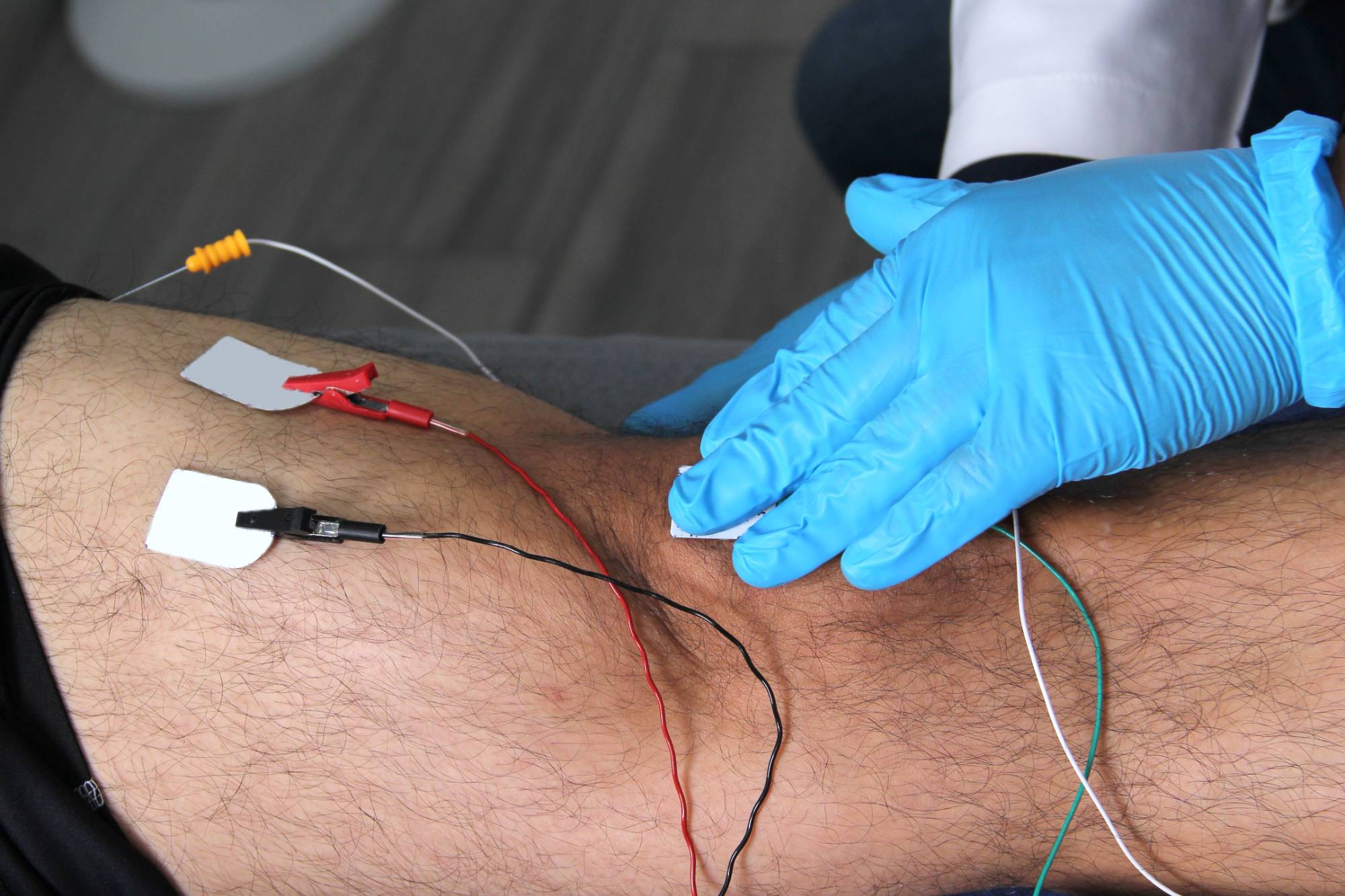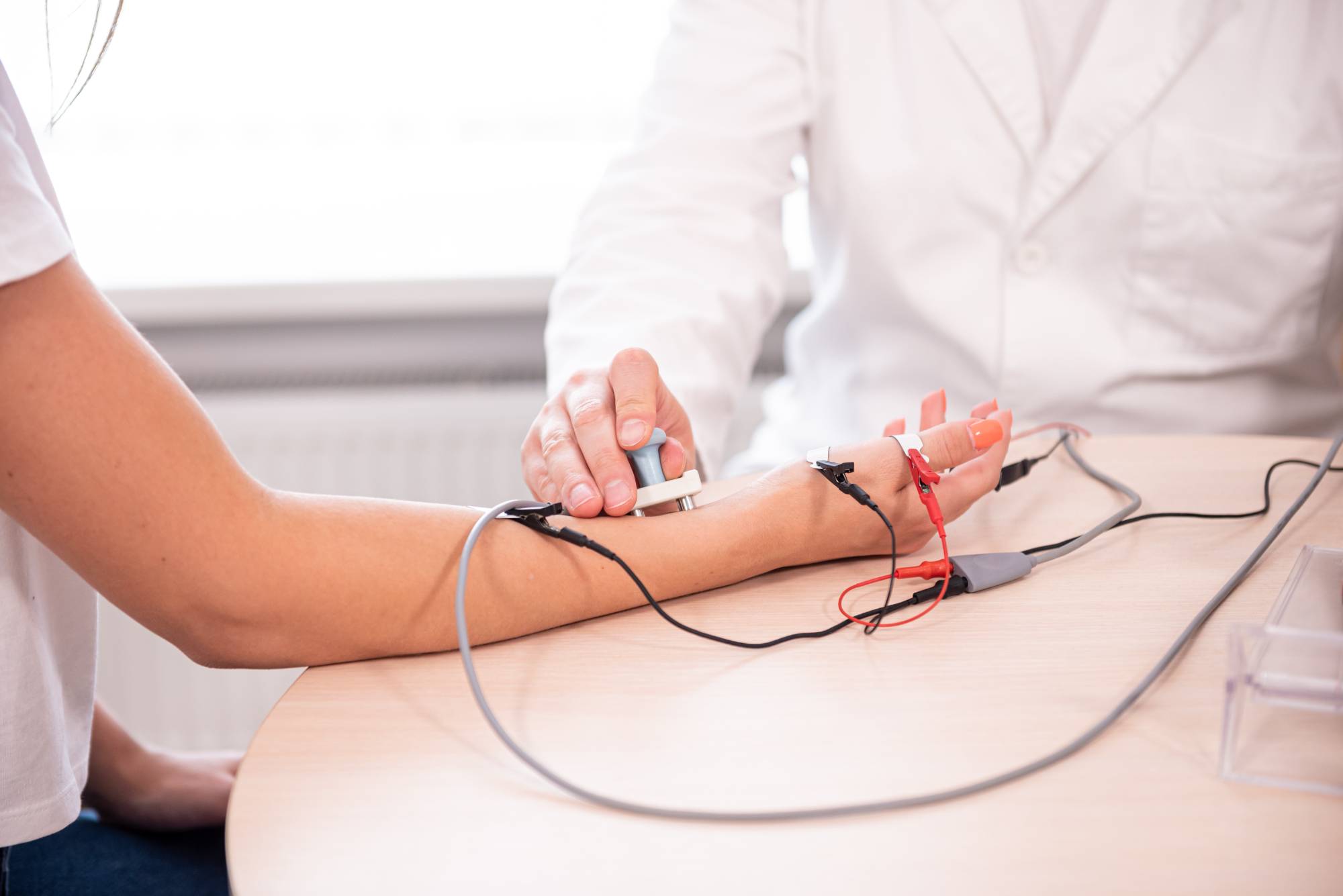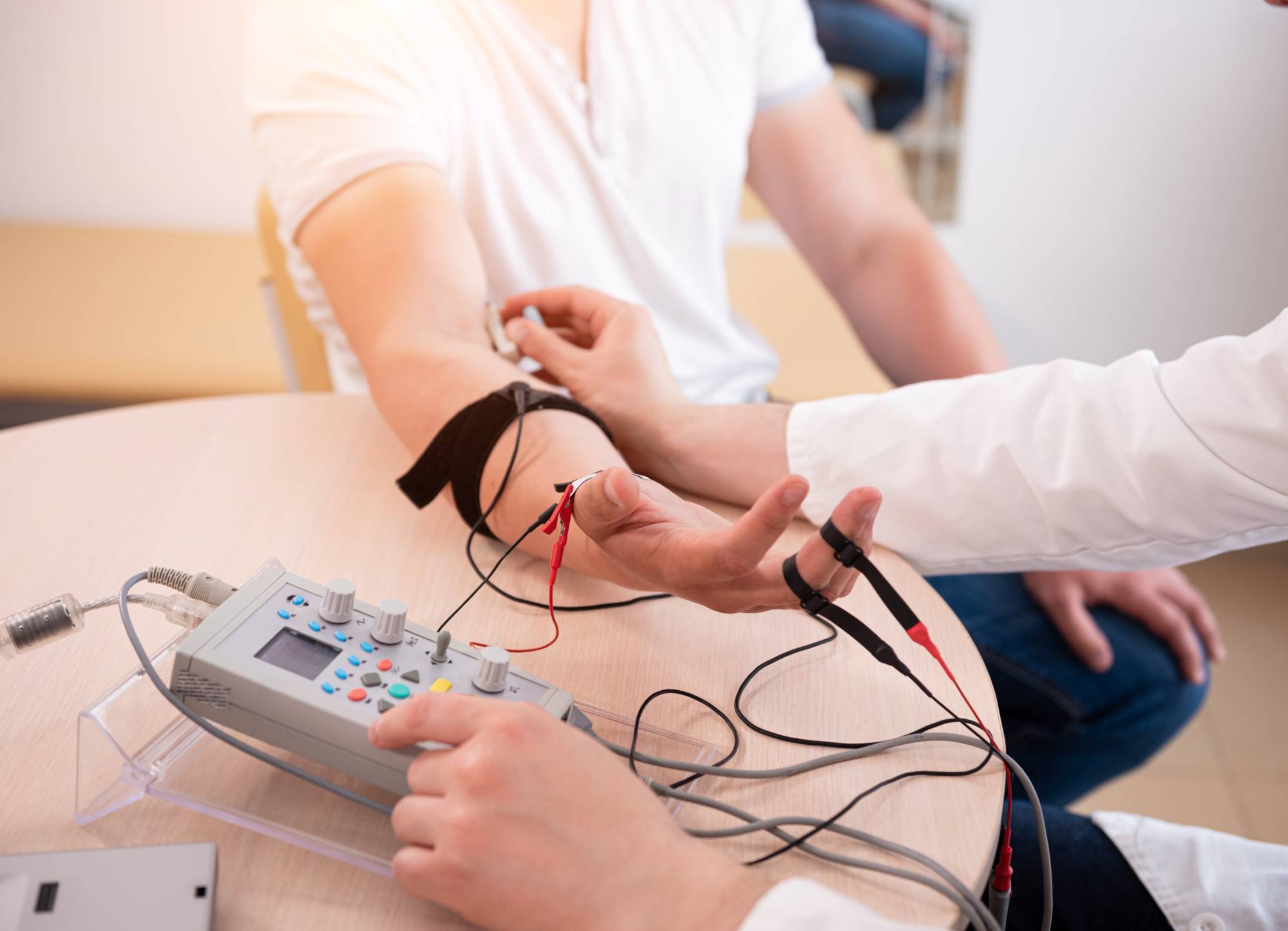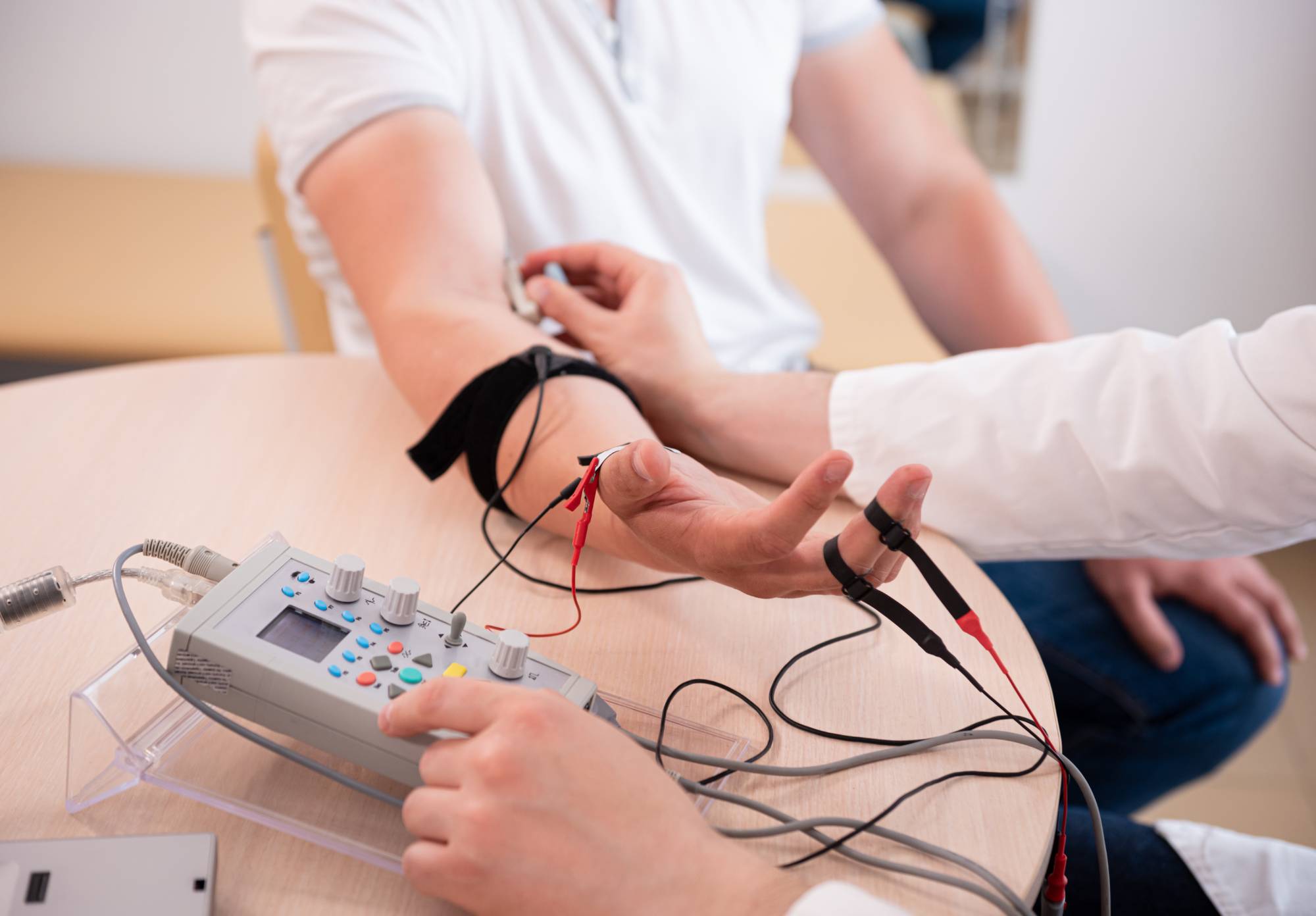Advanced electromyography testing that pinpoints exactly what’s causing your numbness, tingling, and muscle weakness.

Reviews

You’ve been dealing with symptoms that don’t make sense. Numbness that comes and goes. Muscle weakness that’s getting worse. Tingling that keeps you awake at night.
EMG testing gives you the definitive answers you need. This advanced diagnostic procedure measures the electrical activity in your muscles and nerves, identifying exactly where the problem is and how severe it’s become.
Instead of guessing about treatment options, you’ll have a clear roadmap. Instead of wondering if your symptoms are serious, you’ll know exactly what you’re dealing with. Most patients leave with same-day results and a specific plan to address their condition.
We have been providing comprehensive neurological diagnostics to West Brickell and South Florida patients for years. Our team includes board-certified spine specialists and neurologists who perform thousands of EMG and nerve conduction studies annually.
You’re not just getting a test. You’re getting expert interpretation from doctors who understand exactly what your results mean for your specific situation.
We use advanced electromyography equipment and follow strict protocols to ensure accurate, reliable results that other specialists can depend on for your ongoing care.

Our EMG testing process starts with a consultation about your symptoms and medical history. Your doctor needs to understand exactly what you’re experiencing and when it started.
During the electromyography test, small electrodes are placed on your skin to measure electrical activity in your muscles. For the nerve conduction study portion, mild electrical pulses test how well your nerves transmit signals. Most patients describe the sensation as brief and tolerable.
The entire procedure typically takes 30-60 minutes depending on which nerves and muscles need testing. You’ll receive your results the same day, along with a clear explanation of what they mean and what treatment options are available.

Ready to get started?
Your EMG testing includes both electromyography and nerve conduction studies for a complete picture of your neurological function. This comprehensive approach identifies conditions like carpal tunnel syndrome, peripheral neuropathy, radiculopathy, and muscle disorders.
The testing can pinpoint nerve compression, muscle weakness patterns, and the exact location of nerve damage. This precision is crucial for conditions affecting the spine, arms, legs, and hands.
You’ll also receive detailed documentation that other healthcare providers can use for treatment planning, whether that involves physical therapy, medication management, or surgical consultation. Many patients find that having definitive test results speeds up their overall treatment process significantly.

New York:
Florida:
Support